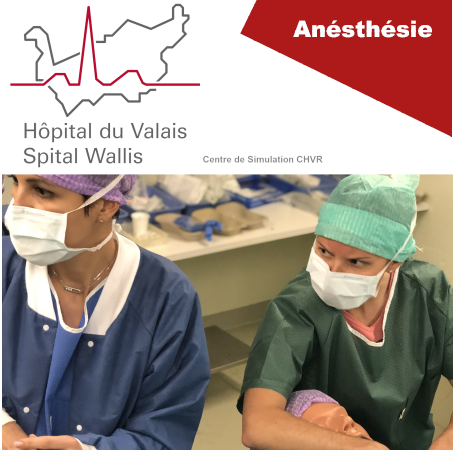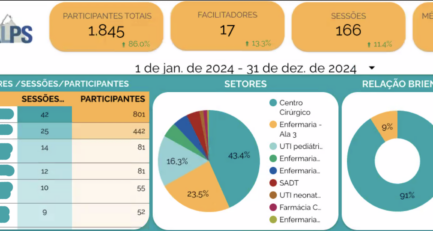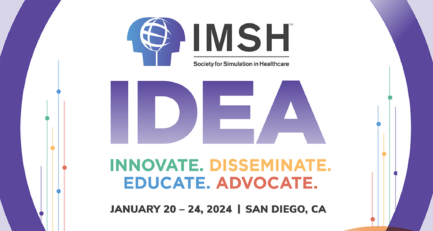
The Center for Medical Simulation had the opportunity to speak with Dr. Christian Balmer, an anesthesiologist and critical care physician at the Hôpital du Valais (HVS) in Switzerland. Dr. Balmer is a CMS Alumnus and Scholar. His team is currently facing challenges related to multidisciplinary collaboration and learning, something that many clinical and interprofessional teams encounter.
“My daily work is far away from a comfortable, well-planned, one-way journey,” explains Dr. Christian Balmer.
“Complexity, uncertainty, technology-driven challenges in the context of time pressure is more the rule than the exception. It creates a space for misunderstanding, dissatisfaction, and disengagement, increases the risk for errors, and might jeopardize the quality of care. Working in silos where expert knowledge and skills are incentivized is not enough to respond to this challenge. So how do we organize for this?”
Dr. Balmer and his colleagues began researching the possibility of using simulation to help improve teamwork. Before the project was greenlit, Dr. Balmer’s team was tasked with generating buy-in for their project.
“We know simulation-based education improves learner’s skills and behavior and is associated with improved patient outcomes,” explains Dr. Balmer. “It is also resource-intensive and might be viewed as costly in the beginning.”
Dr. Balmer goes on to quote the work of Nestle, Brazil, & Hay (2018) “…it’s difficult to put a dollar value on better communication with patients and colleagues, improved team culture or a calmer resuscitation room.”
He adds, “We need to convince our institution, funders, and sponsors that the cost of providing it is justified compared with other investments.”
While planning to open the simulation center, Dr. Balmer applied to the Center for Medical Simulation (CMS) Simulation Fellowship and International Scholars Program. Dr. Balmer was accepted into the program and he began a four-month fellowship in August 2019. During his time in Boston, Dr. Balmer conducted simulation-based research with guidance from CMS faculty and completed the Healthcare Simulation Essentials: Design and Debriefing course as well as the Advanced Instructor Course.
Dr. Balmer returned to Switzerland in the fall of 2019 with new ideas for the simulation program and how to keep his colleagues engaged in the program.
“Once the vision for a simulation center was accepted by our organization, we wanted all specialties to be involved in the center to create synergies where interprofessionalism and interdisciplinarity will be encouraged. We created a scientific council that embodies this concept. All specialties (surgery, anesthesiology, intensive care, obstetrics, pediatrics, psychiatry, internal and emergency medicine) are represented by a nurse and a doctor.”
The scientific council works together to create learning objectives and materials for the simulation program. Dr. Balmer also mentions that the groups will partner with the hospital’s quality department to ensure that those learning objectives align with institutional needs.
Today, Dr. Balmer proudly looks back at the work that the interdisciplinary team has accomplished over the past three years in developing their new simulation program. He is confident that when the center officially open, the program will have a positive impact on teamwork and interprofessional communications within the hospital:
“Simulation is not a ‘nice to have’…it is here to help solve concrete problems and needs. It is imperative.”
Listen to Dr. Balmer guest star on an episode of the CMS podcast, DJ Simulationistas…Sup?: DJ Sim Special: How Teams Form
References
Nestel, D., Brazil, V. and Hay, M. (2018), You can’t put a value on that… Or can you? Economic evaluation in simulation‐based medical education. Med Educ, 52: 139-141. doi:10.1111/medu.1350

